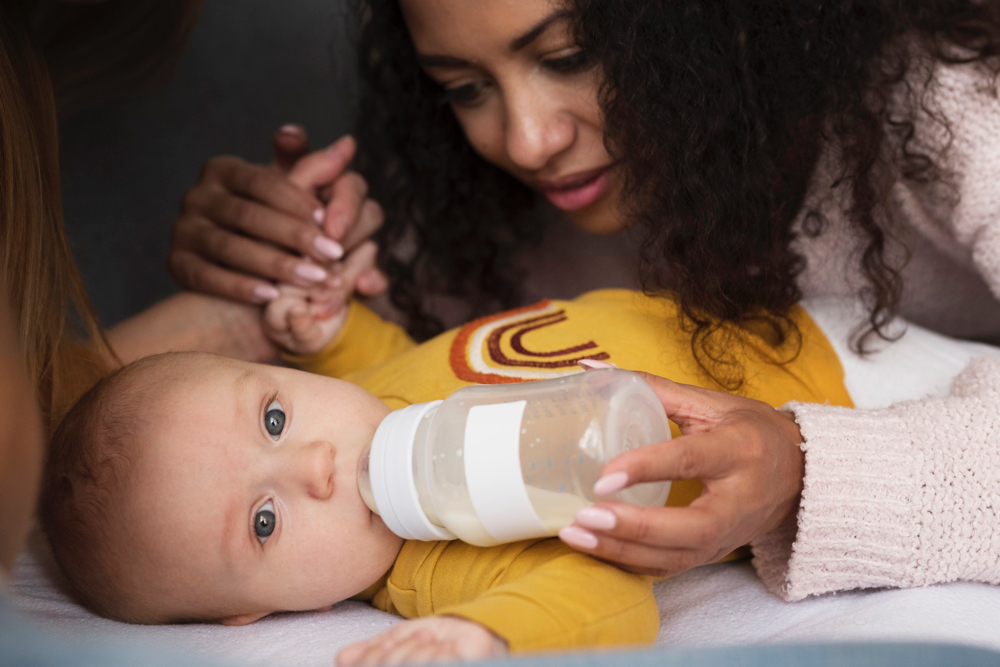When caring for a baby, especially a newborn, it might seem intuitive to offer them a little water between feedings, particularly on a hot day or if they seem thirsty. However, health professionals strongly advise against giving water to babies under six months old. Understanding why this is important can help prevent health issues and support optimal growth and development.
1. Babies’ Nutritional Needs Are Fully Met by Breast Milk or Formula
For the first six months of life, a baby’s nutritional needs, including hydration, are completely met by breast milk or formula. Both provide the perfect balance of nutrients, minerals, and fluids that babies need to grow and thrive. Breast milk and formula are composed of about 85% to 88% water, providing sufficient hydration under normal conditions.
2. Risk of Water Intoxication
Water intoxication, though rare, is a serious risk for babies. Because their kidneys are not yet mature, infants can’t properly handle too much water. Consuming excess water dilutes a baby’s sodium levels, which can interfere with brain activity and lead to seizures, coma, and in extreme cases, death. The condition, known as hyponatremia, underscores the need to adhere to feeding recommendations provided by pediatricians.
3. Interference with Nutrient Intake
Giving a baby water can also fill up their tiny stomachs, leaving less room for nutrient-rich milk. This can lead to nutritional deficiencies because breast milk and formula contain essential nutrients such as iron, vitamins, and proteins that water lacks. Furthermore, reduced intake of breast milk or formula can decrease a baby’s energy intake and potentially hinder their growth.
4. Potential Increase in Harmful Microorganisms
Water might introduce contaminants or bacteria, particularly if it is not sterile. This can pose a risk of infections to a baby with a still-developing immune system. In contrast, breast milk contains antibodies and other immunological benefits that help protect infants from illnesses.
5. May Disrupt Breastfeeding
Offering water to breastfed babies can interfere with the supply-and-demand cycle of breastfeeding. Feeding frequency helps regulate milk production, and introducing water can reduce the frequency of breastfeeding sessions, potentially leading to a decreased milk supply.
Recommendations for Hydration
It is essential for parents and caregivers to recognize when a baby genuinely needs hydration. Under normal circumstances, additional fluids are unnecessary for babies under six months. However, in certain situations, such as during illnesses that may cause dehydration (like diarrhea or vomiting), pediatricians might recommend small amounts of water or an oral rehydration solution. Always consult a healthcare provider to determine the best course of action.
The rule against giving water to babies under six months is grounded in preventing water intoxication, ensuring adequate nutrient intake, and avoiding unnecessary health risks. For parents and caregivers, adhering to this advice means sticking to breast milk or formula exclusively until the baby is ready for solid foods, usually around six months of age. Always consult with a pediatrician or healthcare provider for guidance tailored to your baby’s needs, as they are best equipped to provide advice based on current health and developmental factors.











